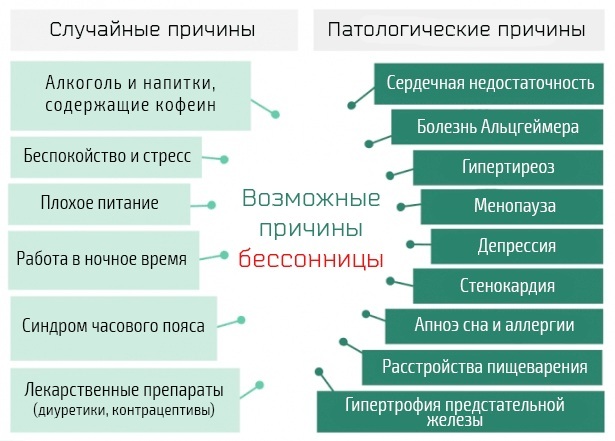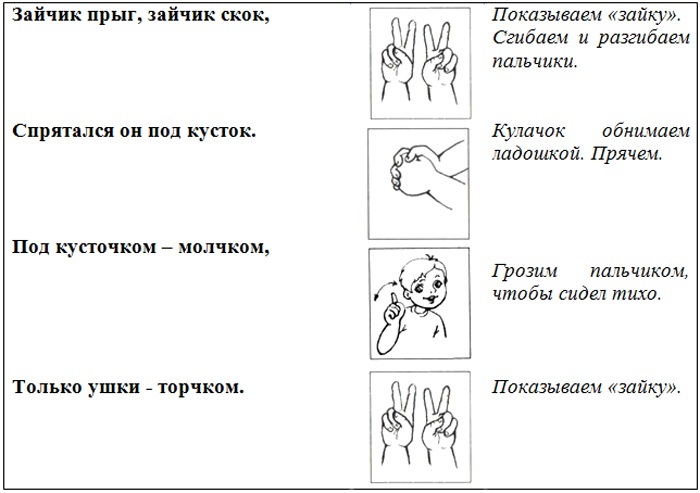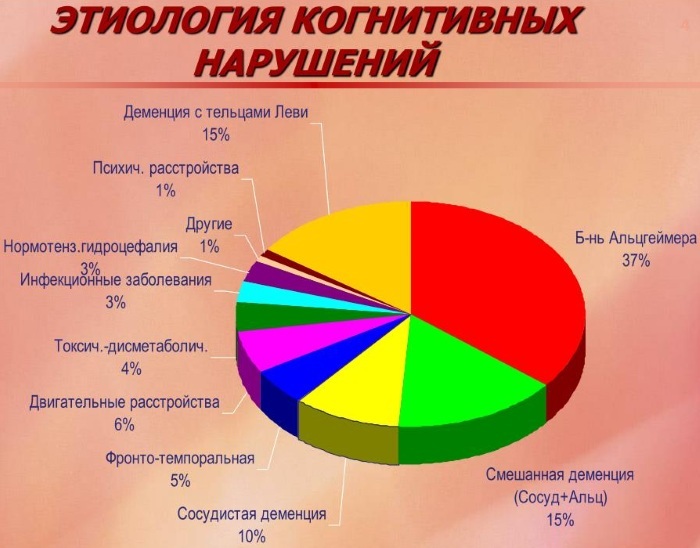Overview
Typically, a patient at some point there is only one phase depressive psychosis, and perhaps between them a period of intermission (sometimes quite long), during which the patient is able to conduct a normal way life.
In medicine, this pathology is also called bipolar disorder, and its acute phase - psychotic episodes. Relaxed form of the disease with less severity of its main symptoms is in the name of psychiatry cyclothymia.
The title disease has seasonal dependence (exacerbations occur mainly in the spring and fall). It can occur in any age group, starting from adolescence. And finally formed, as a rule, in patients who have reached 30 years.

As the statistics show, often the disorder occurs in women. The overall prevalence of disease in the population - 7 cases per 1,000 people. It should be noted that almost 15% of psychiatric patients are diagnosed with "manic-depressive psychosis."
The first manifestations of mental disorders in these patients to detect weak, they are often confused with age-related problems specific to people in puberty (which corresponds to adolescence), or to stay in the phase of formation of the person (like observed in 21-23 of the year).
Causes
Manic-depressive psychosis attributed to little known disease. Therefore, clearly explain the cause of the pathology psychiatrists difficult.
It is believed that one cause of the disease is described by family history. The disease is transmitted from mother to child. Until that time, the presence of pathological changes can does not manifest itself, but as a result of a stressful situation, severe postpartum women or long stay in painful conditions of life can be triggered by sudden development disease.
Another reason for the call especially functioning of the nervous system in particular human. That is, if we consider the mechanism of the disease, it provoked disturbances in transmission of nerve impulses in the system of neurons located in the hypothalamus and basal other parts of the brain. These disorders, in turn, causes a change in the activity of the chemicals (eg, norepinephrine, and serotonin), responsible for the transmission of information between neurons.
All the causes of bipolar disorder are divided into 2 types:
- psychosocial;
- physiological.
The latter include malfunction of the thyroid gland or other hormonal problems, head injury, brain tumor or hemorrhage, drug addiction and severe intoxication.
Psychosocial reasons are rooted in human needs "protection" from the stress. For this, he usually He is trying to immerse oneself in a given job or deliberately fun, Accompanied by promiscuity, reckless behavior, etc. As a result, when the body begins to experience fatigue, a person rolls depression.

Classification
Practice shows that most often occurs in patients unipolar type of disorder - depression. The patient in this case is immersed in only one state - a deep depression.
Manic-depressive bipolar divided into 2 types:
- classic, in which the patient has pronounced symptoms and well-defined phase mood swings;
- the second type is weak and is rather difficult to diagnose; due to the fact that the phase of the disease are small, it is often confused with the clinical manifestations or seasonal depression and melancholy.
The features, which describes the manic-depressive syndrome, generally fall into two groups:
- typical manic depression;
- characteristic for the depressive phase of the disease.
symptoms
In medicine, all signs relating to manifestations of bipolar disorder, united by the common name "sympathicotonic syndrome".
Patients in the manic phase of said disease can be distinguished by increased excitability and motility. They tend to be:
- talkative;
- overconfidence;
- have expressive gestures;
- gesticulate a lot;
- easily irritated and sensitive to criticism;
- They tend to be aggressive;
- pupils of the eyes have widened;
- elevated blood pressure.
These people are a little sweat, but the skin on their face tends to giperemirovaniyu. Patients complain of a sensation of heat, tachycardia, heaviness in the stomach, a tendency to constipation and insomnia.
Disorders of mental activity in these patients is not seen.
Patients in this phase of the risk-averse in any form - from gambling to a crime (eg theft). They are characterized by unwarranted optimism, makes us believe in their exclusivity and special luck. Because of this, patients easily invest in questionable companies, to pay their last savings in the lottery, being in holy confidence that win millions, etc.

In the form of depressive illness patient becomes apathetic, he says quietly, almost without expressing emotions. His movements slowed, his face hardens mournful expression. Patients complain of a feeling of pressure in the chest and breathing problems. In severe cases, patients can even loss of the primary needs to basic cleanliness, food and drink.
Patients in the form of depressive psychosis prone to thoughts of suicideWho do not advertise and exhibit sophisticated ingenuity in trying to bring our plans to the end.
Diagnostics
As mentioned earlier, bipolar disorder is diagnosed quite hard, since its manifestations may be similar to symptoms of other pathological states of mind.
As a rule, experts used to determine the history of the disease a survey of patients or their relatives. At the time he found out, and the possibility of hereditary predisposition to the disease.
Patients undergoing special testsThe results of which demonstrate his emotional state, the availability dependencies, anxiety and attention deficit disorder.
Patients suspected of having a manic-depressive psychosis, and also examined using X-rays, EEG and brain MRI. This is done in order to exclude the possibility of organic lesions due to a tumor, trauma or the effects of intoxication.
Once determined the complete clinical picture of the disease, the patient is assigned treatment.
Treatment
Bipolar disorder is well amenable to medical treatment. For this used antidepressants and drugs that stabilize mood.
These include lithium salt. It is contained in preparations - Mical, lithium carbonate or lithium hydroxybutyrate and the like. But in patients with impaired renal and gastrointestinal functions, as well as prone to hypotension, these drugs may be contraindicated.
In some cases, patients were administered tranquilizers and antiepileptic drugs (carbamazepine, Finlepsin, topiramate, and the like). And prove the efficacy of neuroleptics (chlorpromazine, Galaperidola and thioxanthene derivatives).
In addition, to secure the effect of drug therapy the patient should additionally deal with the therapist. These sessions start after a patient is detected mood stabilization.
On psychotherapy Specialist helps the patient understand their condition, to develop a strategy of behavior in the case of acute and consolidate skills of emotional control. Often classes are invited and relatives of the patient, in order to learn the ability to prevent new attacks described psychosis.
prevention
To avoid the occurrence of new psychotic episodes, the person is required in the first place, gentle emotional background, the protection from stressful situations and the opportunity to discuss their bad times life. Moreover, to delay the onset of the acute phase of the disease, the patient to continue receiving offer certain drugs (usually This lithium salt), the dosage which is chosen individually, depending on the condition and flow characteristics of the particular disease patient.
But, unfortunately, often after a successful relief of the acute phase, patients refuse to take drugs, and this provoked the development of the disease, sometimes even in more severe manifestations. If the funds are received correctly, the affective phase may never come. It should be noted that the intake of medication dose can not be changed over the years.
Forecast
Fully recover from manic-depressive psychosis is not yet possible, because the person subjected to this disease, there remains a very a high risk of a new phase of exacerbation.
But to make long-term remission stage - often for many years - in men and doctors and the patient. The main thing is that both the patient and his relatives exactly adhered to professional advice and carried out his assignment.
Found a bug? Select it and press Ctrl + Enter



